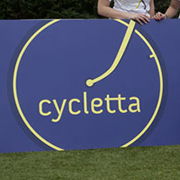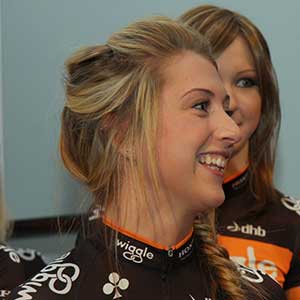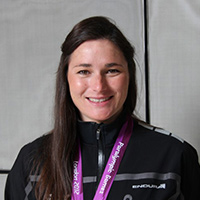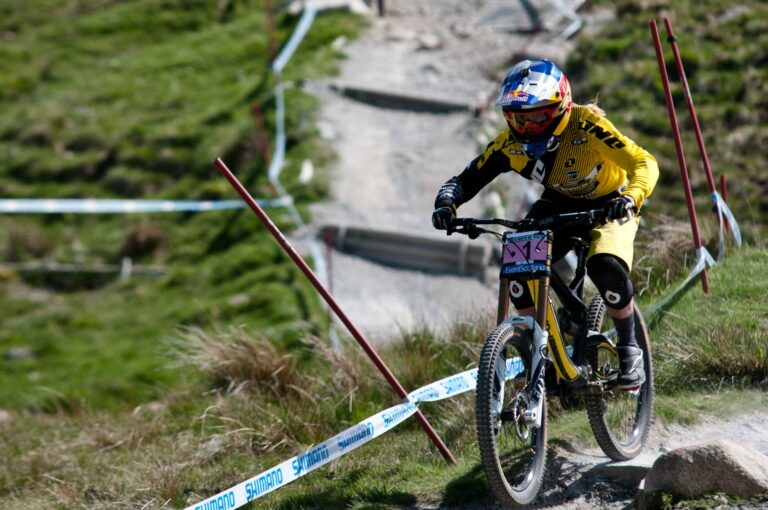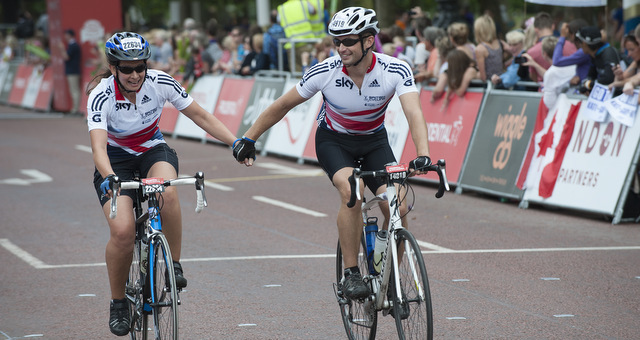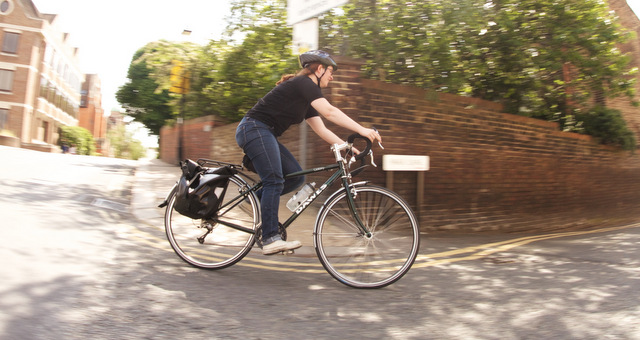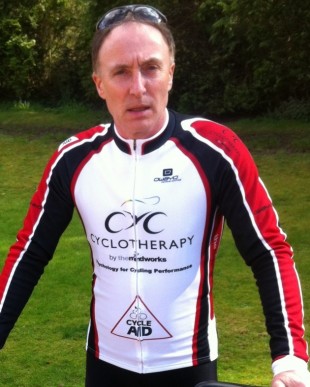
Peter Hudson has been running The Mindworks psychology practice for around 14 years. In 2010, combining his professional expertise as a psychologist with his passion for cycling, Peter set up Cyclotherapy as a separate project to his clinical practice.
Peter set up Cyclotherapy because he believes that therapeutic psychology can make a positive contribution to cycling performance, whether that is helping to recover from the psychological impact of adverse circumstances, such as an accident, illness or injury as well as using proven clinical techniques to improve performance and create that “competitive edge”.
Co-editors Jan and Bex of female cycling website BikeEnvy spoke with Peter about how women differ from men when it comes to cycling and competitive cycling in particular. Why is it that organisations like Sky Ride, Breeze, Cycletta and British Cycling have to work so hard to attract us to the sport?
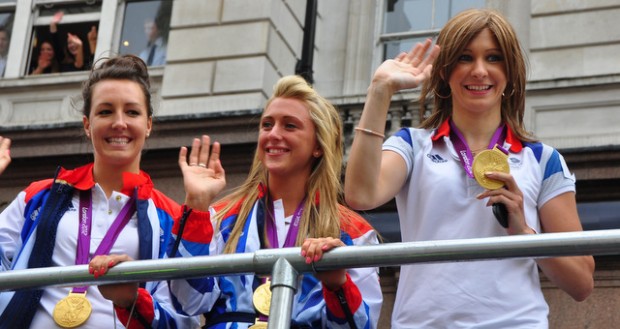
Although there is plenty of visible success for female competitive cyclists, with Nicole Cooke, Vicky Pendleton, Sarah Storey, Laura Trott and others gaining high media profiles, participation in competitive cycling by women still lags behind that of men. Might there be social and psychological factors that make it more difficult for women to begin and sustain involvement in cycle sport?
It is significant that young female cyclists tend to figure disproportionately within my own client group. Riders come to me with a range of problems, but among adolescent females issues of self-confidence and competition anxiety are the common problems.
I decided to look at what the research literature can tell us about the barriers facing women thinking of engaging in competitive sport, in order to identify what might need to be done to increase involvement of women in competitive cycling. Several issues seem to be at play.
Physical risk
One theme that emerges clearly is that as an activity that involves a degree of physical risk, cycling is less palatable to women because they are by nature more “risk averse” than men. This means that in countries with a car-oriented culture, such as Britain, America and Australia, there is less likelihood of women taking up road cycling of any kind due to the perceived risk.
In countries with greater protection for cyclists, such as Denmark and Holland, the number of females who cycle is often higher than that of men. In countries where the car rules, cyclists tend to be young and middle aged males, who are less risk-conscious.
Body consciousness
Body consciousness seems to be another issue potentially facing female cyclists. While many a MAMIL (Middle Aged Men In Lycra) will be proud to show off a Lycra clad beer belly, research undertaken by MIND in 2012 shows that women tend to battle with body confidence issues when participating in outdoor exercise. As a consequence many will prefer to wear loose or baggy clothing when exercising. Cycling wear for competition has to be close fitting and not all women will feel confident enough with their body to don the Lycra.
Feeling at home on a bike
A further factor is revealed in a 2010 study of staff and Students at the University of California, where compared to their male counterparts, females felt less confident in both general cycling ability and skill and in bicycle maintenance. This perception of relative lack of ability can make participation in group cycling less attractive, as well as the lack of familiarity with technical aspects of the bike also not serving to promote “feeling at home” on a bike.
A 2007 study in Liverpool provides a useful insight in to psychological factors at play among teenage girls who might potentially be attracted to cycling as a leisure activity. The clear consensus among the girls was that cycling was “not appropriate” among their peer group. One girl commented:
I just wouldn’t ….I’d get laughed at….coz it’s a bike.
Girls may risk rejection by their peers if they became involved in cycling, something that would trouble teenage boys much less.
This theme crops up in other research, and it seems that stereotypes of “female appropriate” sports see activities involving gracefulness and aesthetic quality as more “appropriate” for females than those involving physical strength.
Competitive cycling
There is also evidence to suggest that the experience of competition creates more anxiety in women than men, a reflection of the fact that women appear to participate in sport for different reasons than men. Whereas males participate for reasons such as opportunities to be competitive and for a sense of physical achievement, women tend to participate in sport as a means to enhance psychological well-being and to foster emotionally supportive relationships.
For women cyclists, competition is a by-product of being involved in the sport rather than an end in itself, which explains why many female cyclists struggle with performance anxiety and reluctance to be “on display”. This anxiety is likely to be greatest among adolescent girls for reasons outlined above.
This acknowledgement that females have a very different psychological relationship with cycling is the starting point for increasing participation and making it more likely that women will stay in the sport. This knowledge is important for coaches and team managers and confirms the important role that psychological knowledge plays in competitive cycling. I hope this article can stimulate further debate on this issue.
Jan and Bex, Bike Envy co-editors add: We know that the chances are, if you are reading this, you are already involved in cycling at some level, but we found it fascinating and wanted to share. Even if you have only experienced one of the emotions above, it might help to know you are not alone.
It turns out that Jan, although competing on a regular basis with some success, has battled with almost all of the psychological and social barriers described by Peter;
I do not like my body much and think my competitive persona is particularly unattractive, but through cycling I met my husband, so it can’t be all bad!
Many thanks to Peter for his fascinating insights, we wish him all the best with Cyclotherapy and of course, his cycling. For further information, you can contact him at [email protected] or through his Cyclotherapy website.
This article was originally posted on BikeEnvy.
Jan Birkmyre and Bex Hopkins are co-editors at BikeEnvy, a website for female cyclists, created by former SheCycles.com editor and Total Women’s Cycling contributor Bex Hopkins a former DH and XC mountain bike racer, with road and track racer Janet Birkmyre.


